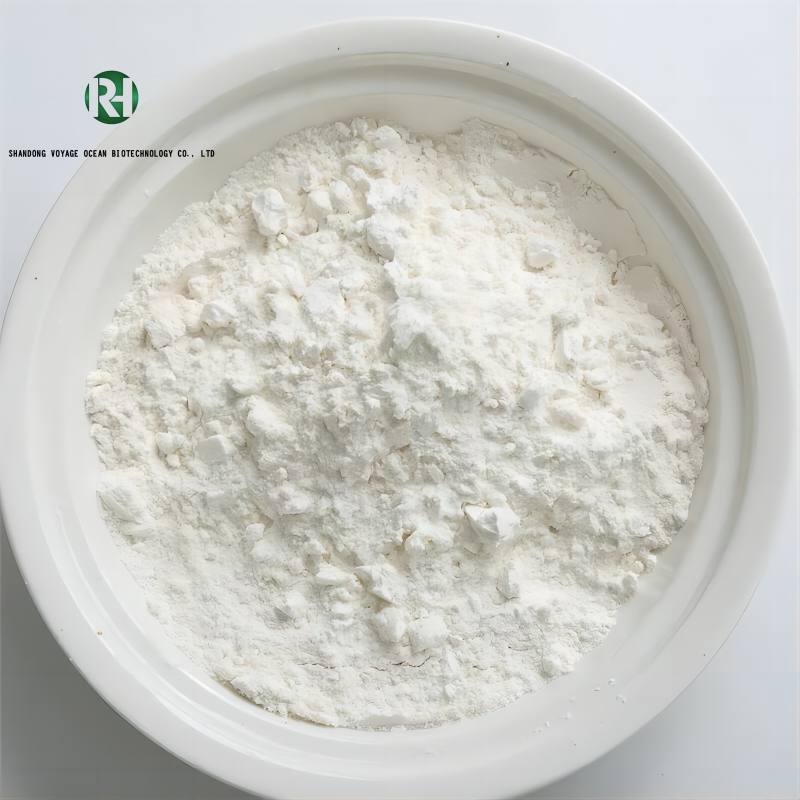-
Categories
-
Pharmaceutical Intermediates
-
Active Pharmaceutical Ingredients
-
Food Additives
- Industrial Coatings
- Agrochemicals
- Dyes and Pigments
- Surfactant
- Flavors and Fragrances
- Chemical Reagents
- Catalyst and Auxiliary
- Natural Products
- Inorganic Chemistry
-
Organic Chemistry
-
Biochemical Engineering
- Analytical Chemistry
- Cosmetic Ingredient
-
Pharmaceutical Intermediates
Promotion
ECHEMI Mall
Wholesale
Weekly Price
Exhibition
News
-
Trade Service
Multiple sclerosis (MS) is an autoimmune immune disease, which can cause chronic inflammation of the central nervous system, leading to demyelination and axonal damage, ultimately leading to loss of motor, sensory and cognitive.
Multiple sclerosis (MS) is an autoimmune immune disease, which can cause chronic inflammation of the central nervous system, leading to demyelination and axonal damage, ultimately leading to loss of motor, sensory and cognitive.
immunity
Previous studies have shown that multiple sclerosis is a disease related to abnormal mitochondrial function , and the role of mitochondrial autophagy in MS is still unknown.
The cause of the inflammatory response process is still unclear.
Related theoretical studies have shown that it involves a variety of factors, including the genetic susceptibility of the disease and environmental factors that can stimulate the immune system and trigger the autoimmune response.
NDP52 G140E mutation increases the binding effect of NDP52/LC3C
NDP52 G140E mutation increases the binding effect of NDP52/LC3CIn this study, the researchers analyzed PINK1-mediated mitochondrial autophagy in peripheral blood mononuclear cells (PBMC) of patients with relapsing-remitting MS through qualitative and quantitative studies.
The researchers found that the NDP52 mutant c.
491G>A (rs550510, p.
G140E) is one of the main mitochondrial receptor genes and is related to MS.
Schematic diagram of related mechanisms
Schematic diagram of related mechanismsBy studying this mutant, the researchers found that the 140th amino acid residue of human NDP52 can regulate the binding effect of NDP52/LC3C and promote the formation of autophagosomes to drive effective mitochondrial autophagy.
In addition, in PBMC, NDP52 is mainly expressed in B cells and ensures effective mitochondrial phagocytosis, which can limit the production of pro-inflammatory cytokine TNF-α after cell stimulation.
All in all, the results of this study help to better understand the role of NDP52 in mitochondrial autophagy and reveal its potential role in MS.
The results of this study help to better understand the role of NDP52 in mitochondrial autophagy and reveal its potential role in MS.
The results of this study help to better understand the role of NDP52 in mitochondrial autophagy and reveal its potential role in MS.
org/10.
Leave a message here







